
Is Your Fat Tire Electric Bike’s Brake Useless? Here’s Why
Your fat tire electric bike's brakes may struggle due to increased weight, tough terrains, and worn brake pads. Recognizing these issues is key to ensuring your safety on the road. Let's explore how to enhance your bike's braking performance.
Understanding Fat Tire Electric Bikes Brake
Electric bicycles, including fat tire models, typically come equipped with either mechanical or hydraulic disc brakes. Both types have their pros and cons, and understanding these can help you determine if your bike's brakes are up to snuff.
Mechanical Disc Brakes

These e bike disc brakes use a cable to pull the caliper and create friction on the rotor. They are generally more affordable and easier to maintain but might not offer the same stopping power as hydraulic brakes.
Hydraulic Disc Brakes

These brakes use fluid to transfer force from the brake lever to the caliper. They provide more precise and powerful stopping capabilities, which is especially beneficial for heavier electric bikes.
Why Your Fat Tire Electric Bike's Brake Might Be Underperforming
Increased Weight and Speed
Fat tire electric bikes are heavier due to their robust build and the added weight of the motor and battery. This increased weight, coupled with the potential for higher speeds, can strain your bike’s braking system. If your brakes aren’t designed to handle this, you might find yourself struggling to stop effectively, especially in emergency situations.
Terrain Challenges
The very terrains that fat tire bikes excel on can also pose challenges for standard brakes. Riding on loose gravel, sand, or wet surfaces requires more braking power and control than riding on smooth pavement. If your electric bike hydraulic brakes aren’t equipped to handle these conditions, you could experience longer stopping distances or even brake failure.
Brake Pad Wear and Tear
Like any component, brake pads wear down over time. With fat tire electric bikes, this wear can occur more rapidly due to the bike’s weight and the additional friction from larger tires. Regularly checking and replacing worn brake pads is crucial to maintaining effective stopping power.
Improving Your Fat Tire Electric Bike's Braking Performance
If you’re concerned about your bike’s braking capabilities, there are several steps you can take to enhance performance.
1. Upgrade to Hydraulic Disc Brakes
If your bike currently has mechanical disc brakes, upgrading to hydraulic disc brakes can provide a significant boost in stopping power and control. Hydraulic systems are more efficient at handling the demands of heavier, faster bikes and are better suited for varied terrains.
2. Regular Maintenance and Inspection
Consistent maintenance is key to ensuring your electric bike hydraulic brakes function optimally. Regularly inspect your brake pads for wear and replace them when necessary. Check the brake lines for any leaks or damage, and ensure the rotors are clean and free of debris.
3. Consider Rotor Size
Larger rotors can improve braking performance by providing more surface area for the brake pads to grip. If you often ride on challenging terrains or carry heavy loads, upgrading to larger rotors might be a worthwhile investment.
Additional Safety Tips for Fat Tire Electric Bike Braking
While upgrading your braking system is essential, adopting safe riding practices can further enhance your safety on the road.
4. Adapt Your Riding Style
Adjust your riding habits to accommodate your bike’s braking capabilities. Allow for longer stopping distances, especially when riding downhill or on slippery surfaces. Practice gentle, even pressure on the brakes rather than abrupt, hard pulls to avoid skidding.
5. Regularly Check Tire Pressure
Proper tire pressure is crucial for maintaining traction and control, which in turn affects braking efficiency. Check your tire pressure regularly and adjust it according to the manufacturer’s recommendations for your specific bike model.
FAQs:
1. What are the signs that my fat tire electric bike's brakes need maintenance?
Common indicators include a spongy brake feel, decreased stopping power, unusual noises when braking, or a visible decrease in the thickness of the brake pads.
2. What should I do if my brakes feel less effective when riding downhill?
If you experience reduced braking performance while going downhill, consider using both brakes gently to maintain control, and avoid sudden hard pulls, which can lead to skidding or loss of traction.
3. Should I use the front or rear brake more often?



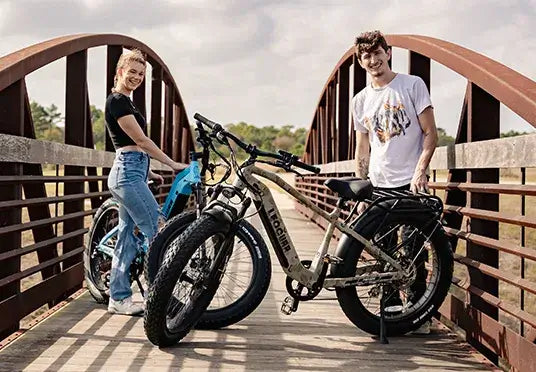
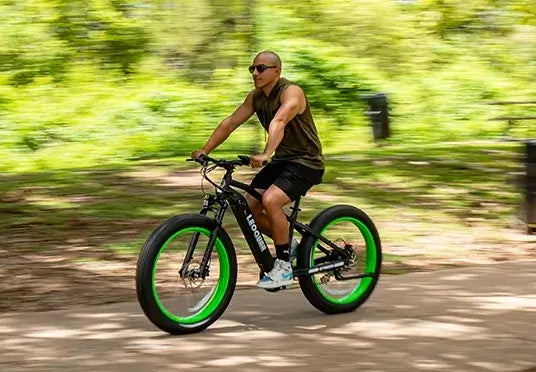
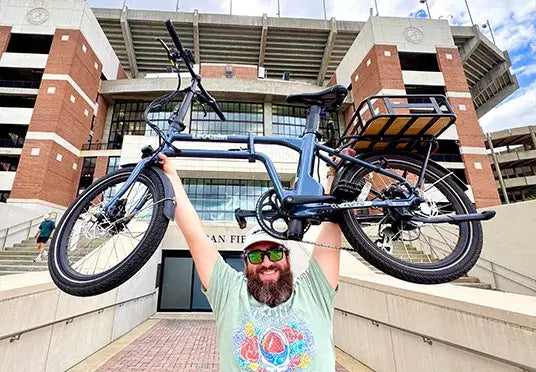


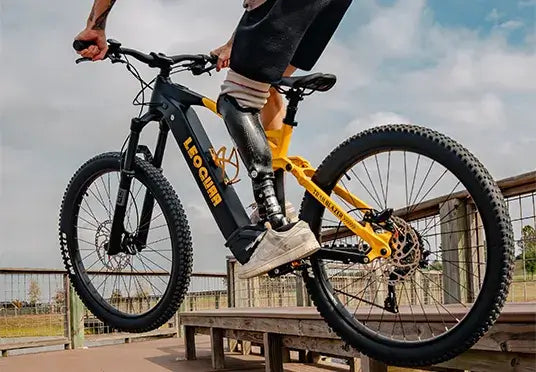
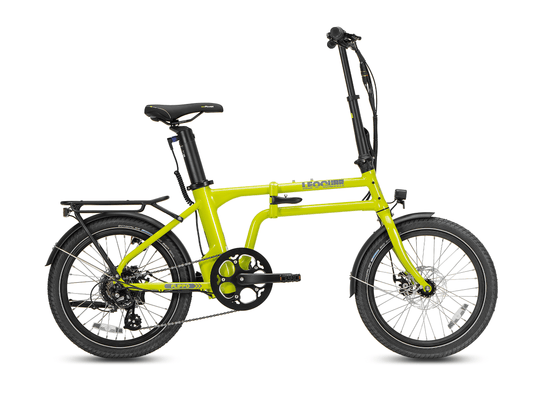
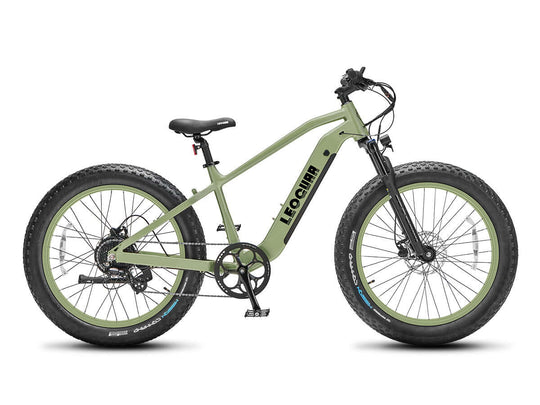
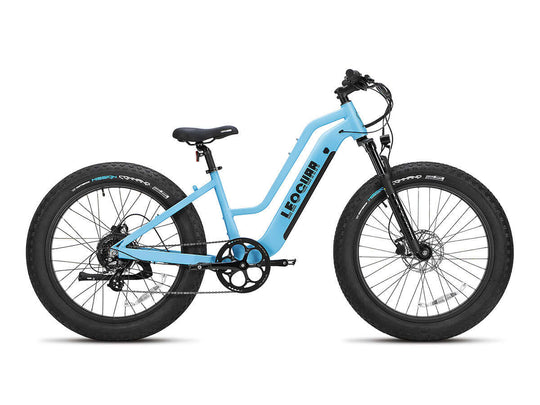
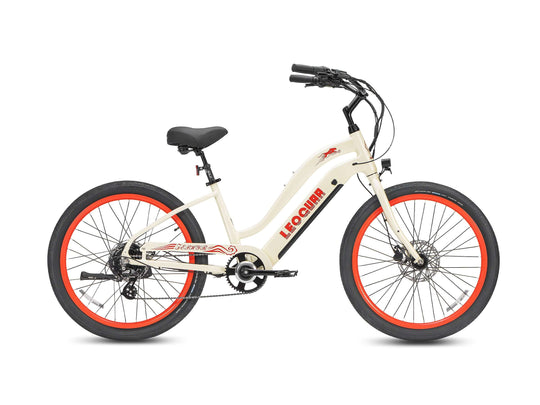
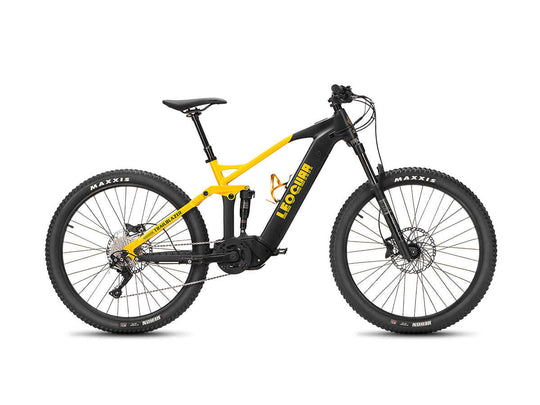
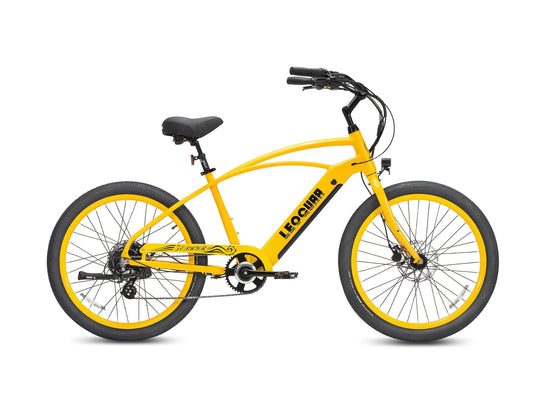
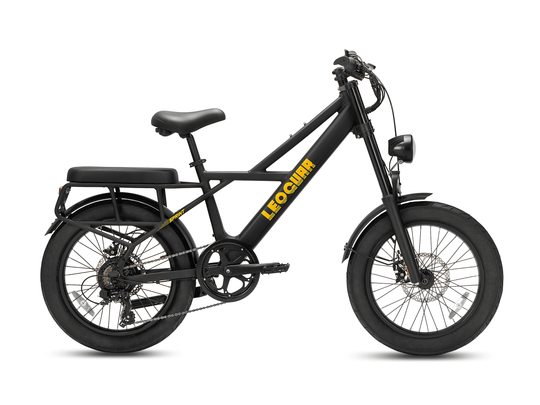
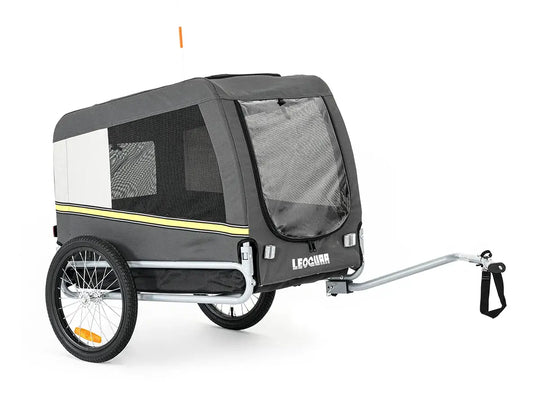
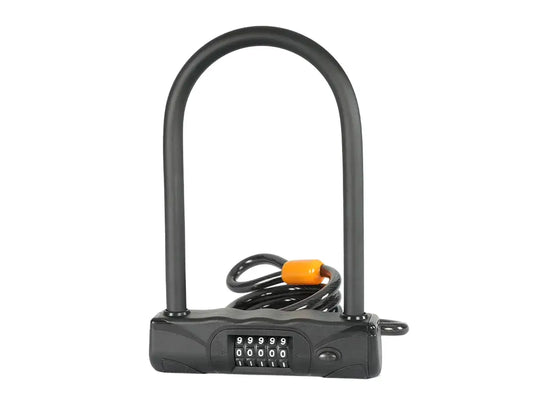
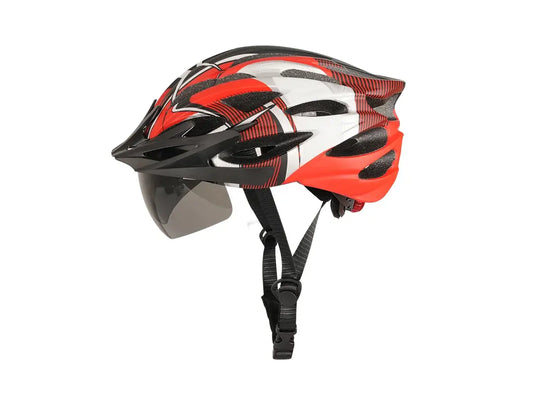
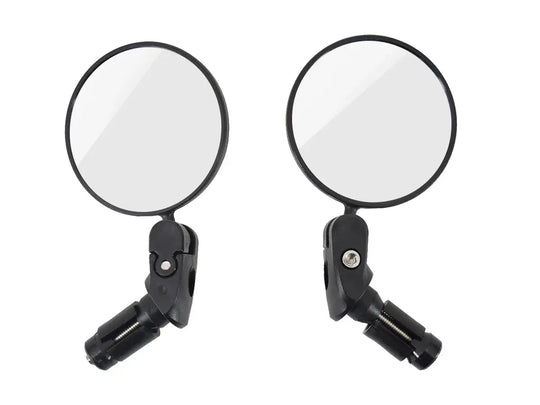
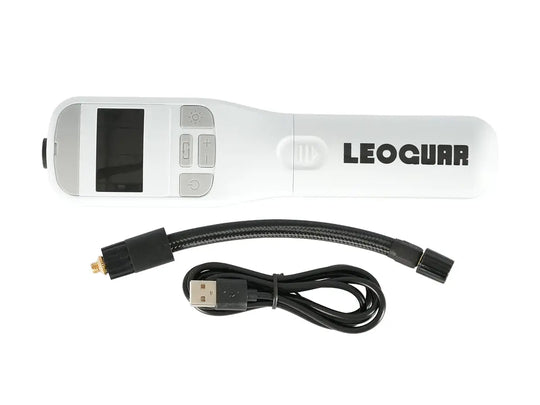
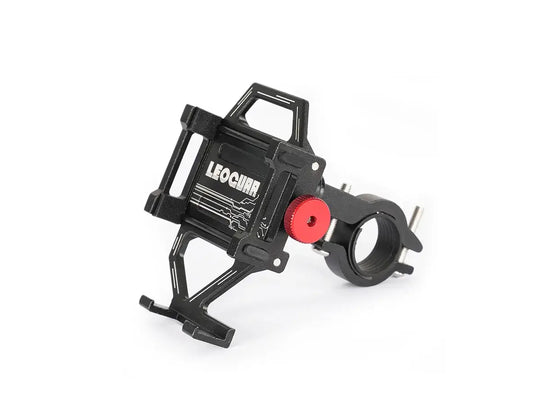
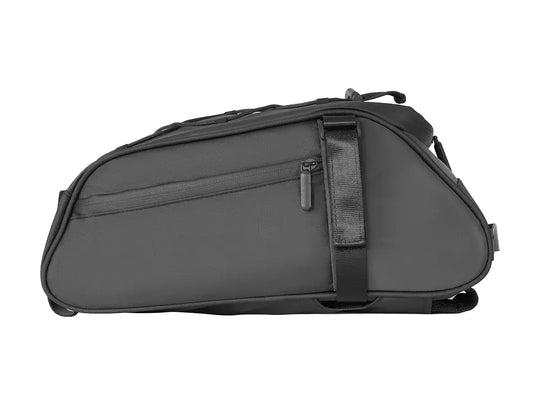
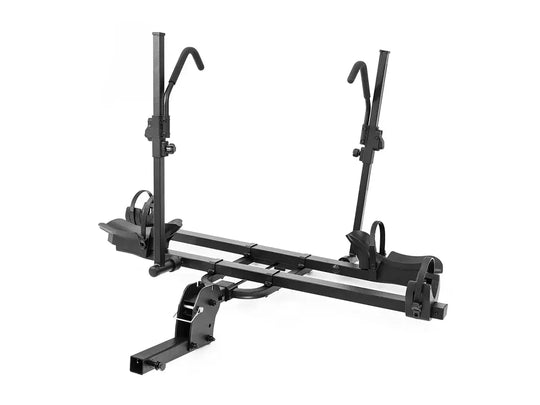
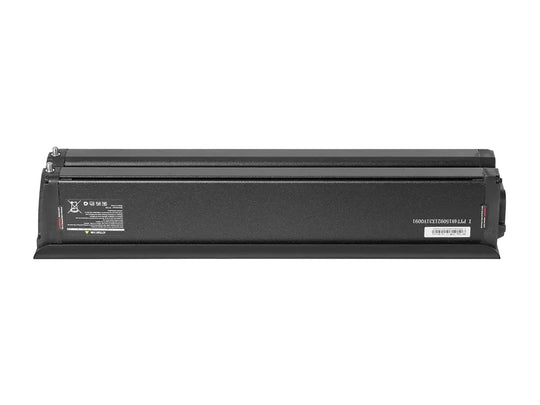
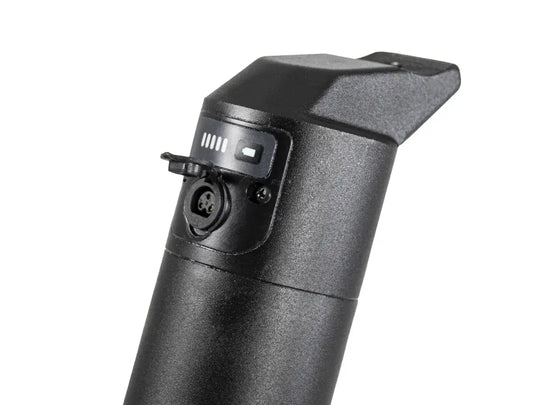
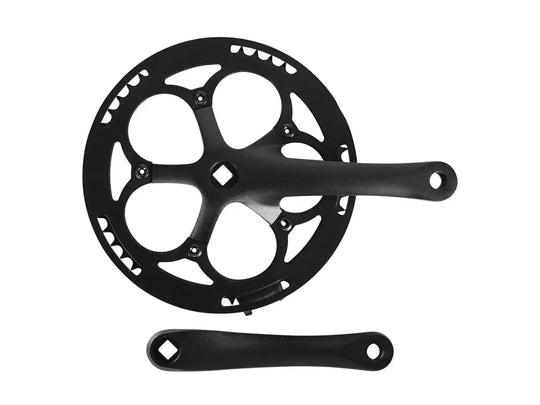
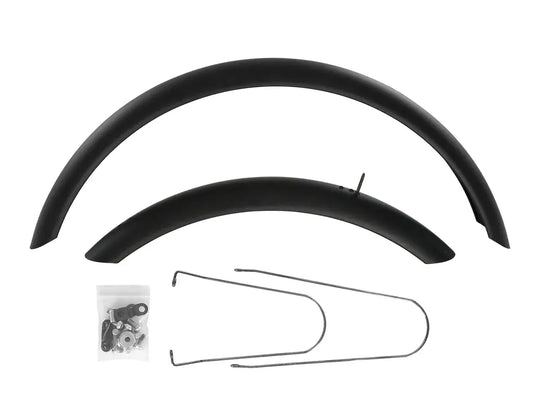
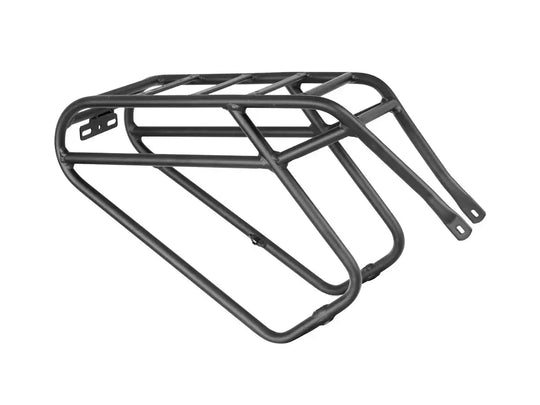
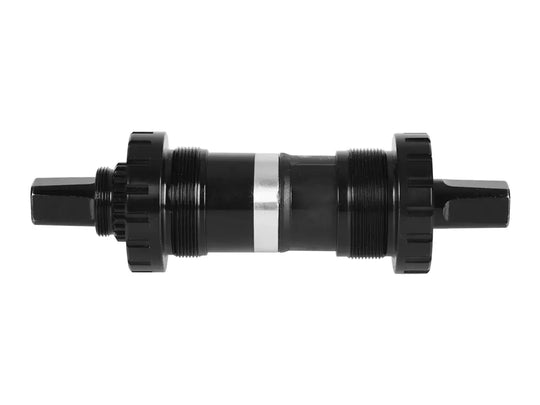
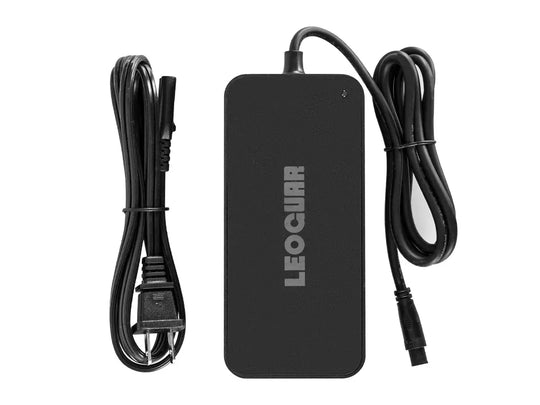
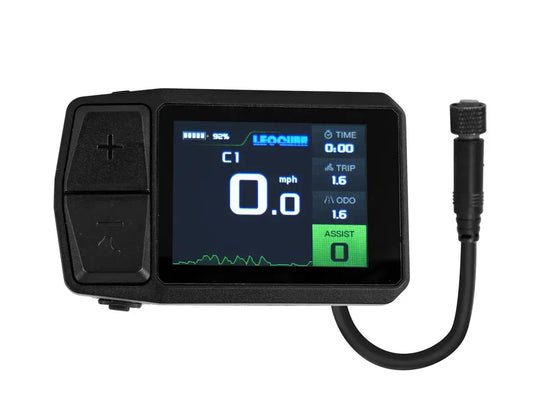
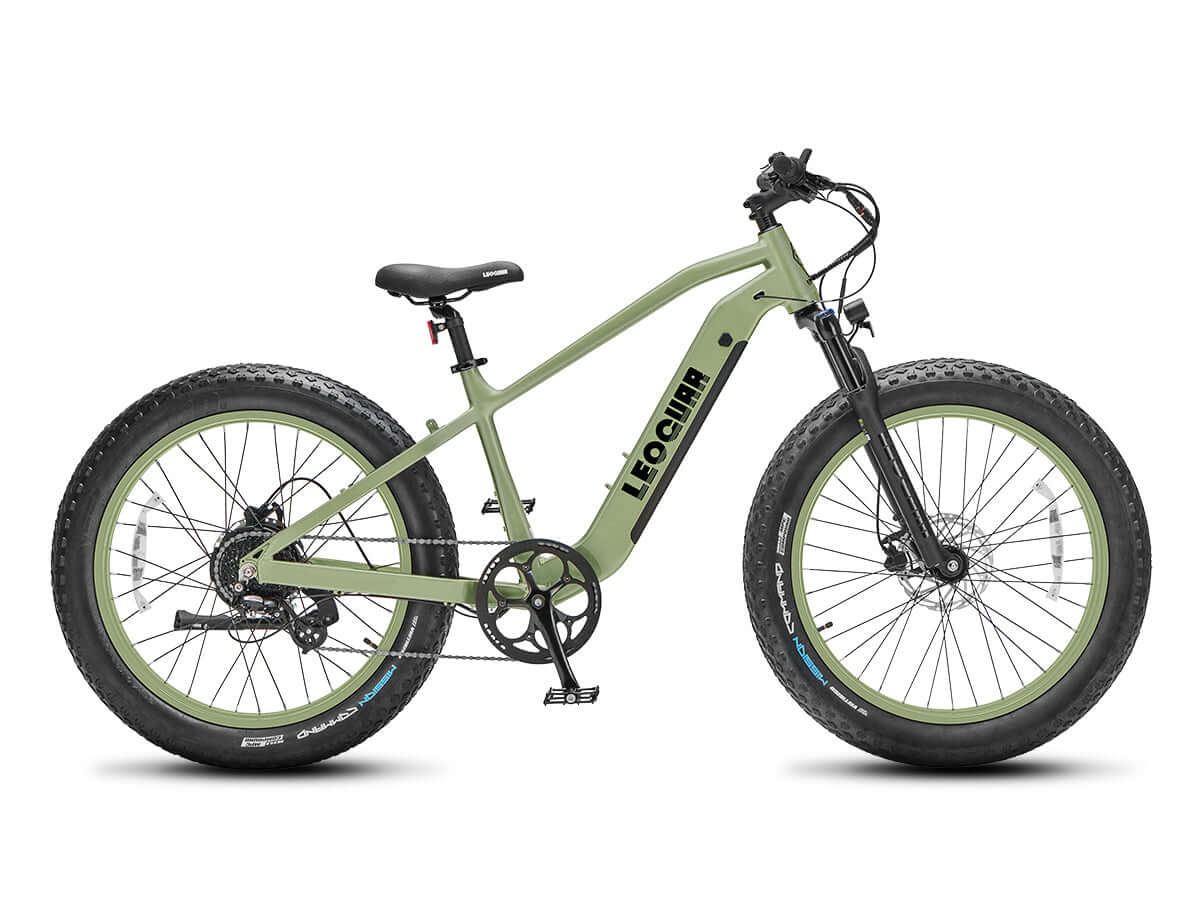







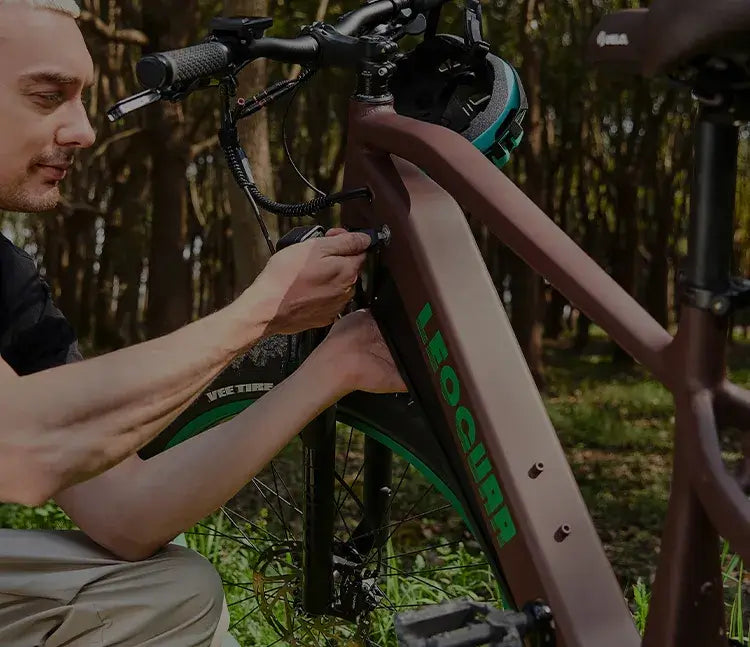
Leave a comment